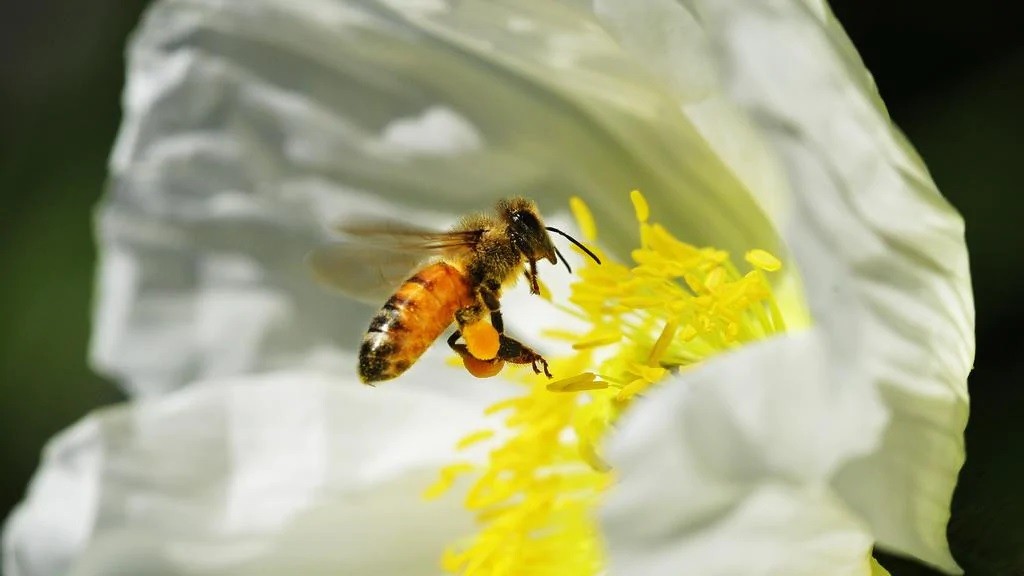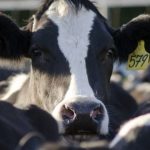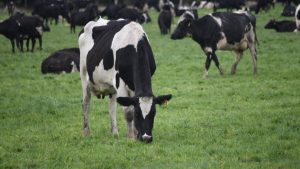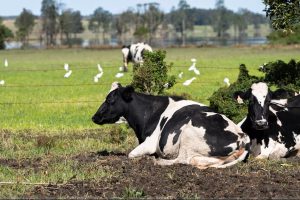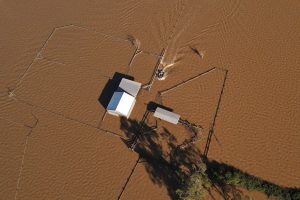
Australia’s honey industry is among a list of agricultural sectors that IBISWorld is warning to watch out for escalating retaliatory behaviour from China.
AUSTRALIAN honey, fruit and dairy farmers are being warned they could be next in China’s firing line for new tariffs that already set to rob billions of dollars from the nation’s barley, wine, red meat, timber, seafood and coal industries.
As Australia’s relationship with China continues to deteriorate week-by-week as China targets new sectors with tariffs or outright bans, IBISWorld analysis has found industries with strong Chinese export markets should be on “high alert” over the next six months.
IBISWorld senior industry analyst Liam Harrison said agricultural industries, particularly producers of honey, fruit and dairy products, were markets China could potentially target next in its escalating trade war given their dependence on the Chinese export market since the signing of the China-Australia Free Trade Agreement five years ago.
“If China is going to take further action, they’ll look at industries they can hurt and that they have alternative markets for,” Mr Harrison said. “For example, they can turn to New Zealand to supply Manuka honey and South America for fresh fruit.”
More than a quarter of Australia’s honey exports are sent to China, where there is a strong market for Manuka honey.
Australian Honey Bee Industry Council chair Trevor Weatherhead said exports were still flowing freely into China and honey packers were yet to report any disruptions there.
But he said some honey packers were diverting some of their stock destined for overseas to the domestic market due to its stability, and low stock levels following last summer’s bushfires and years of drought.
“If you can keep the local market going it pays dividends in the long-run,” Mr Weatherhead said. “It’s a more secure market and forms the basis for most honey packers.”
Mr Harrison said Australia’s fruit industry was equally exposed, with almost half of all exports bound for China, while dairy – particularly milk and cream processing and milk powder manufacturing – was highly vulnerable to Chinese policy shifts.
However Mr Harrison said Chinese preference for Australian infant formula may protect the industry as there would most likely be significant backlash from parents unwilling to turn to products from other markets without the same level of trust they imbue in Australian labels.
